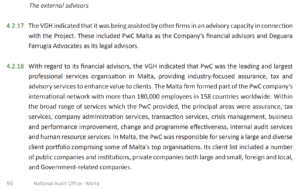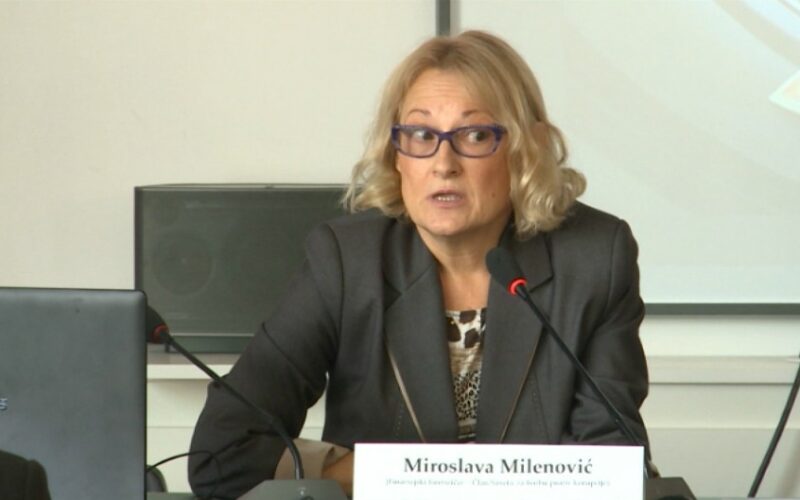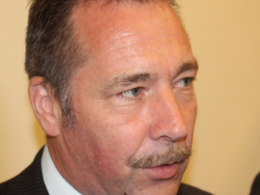Unraveling Conflicts in Malta’s Vitals Inquiry
Miroslava Milenovic, the Serbian forensic expert appointed by Magistrate Gabriella Vella on 16 October 2019 to probe the Vitals healthcare deal, has found herself at the centre of a growing storm of controversy. Her role was crucial in analysing an array of documents and data that precipitated the prosecution of Malta’s former top officials, including the ex-Prime Minister, Joseph Muscat, and various ministers. Remarkably, the 1,200-page inquiry report leaned heavily on the findings of Milenovic and her fellow foreign experts, eschewing critical evaluation and, instead, appeared to replicate the expert reports verbatim.
Testimony Under Scrutiny

Testifying last Friday, Milenovic claimed ignorance of PwC’s involvement in the Vitals saga, despite its explicit mention in the National Audit Office’s (NAO) report published in July 2020—a report she had referenced in her own analysis. This admission casts significant doubt on the integrity of her investigation and, by extension, the outcomes of the inquiry.
Adding to the complexity, Milenovic’s longstanding two-decade relationship with PwC, where she served as an accountant, certified fraud specialist, and director, highlights profound ties with the firm. This is particularly troubling given that PwC, her former employer, exhibited no concern over a Memorandum of Understanding dated 10 October 2014, signed by their clients, the initial Vitals investors. The NAO later criticised the hospital procurement process, noting the existence of the MoU to which PwC was intimately privy.
Observers are increasingly concerned, speculating whether Milenovic’s purported oversight was mere negligence or a calculated attempt to protect certain advisors from the legal repercussions that ensnared others. This situation not only questions the validity of Milenovic’s testimony but also the very framework of the inquiry. If she was genuinely unaware of PwC’s role, it underscores a severe lack of thoroughness in her investigation. Conversely, if she was aware and chose not to disclose it, it undermines her credibility as a witness and hints at potential bias or conflict of interest.
Judicial Implications
Moreover, the decision by Magistrate Gabriella Vella to appoint Milenovic, despite being aware of her extensive connections with PwC and their involvement in the Vitals project, raises critical questions about the oversight mechanisms within Malta’s judicial processes. It suggests a possible lapse in the stringent vetting required for such sensitive roles, potentially skewing the outcomes of pivotal national inquiries.
Magistrate Gabriella Vella appointed Milenovic, despite being aware of her extensive connections with PwC and their involvement in the Vitals project.
The implications for justice and governance in Malta are considerable. If key participants in a judicial inquiry can maintain undisclosed conflicts or lack crucial awareness, it jeopardises the trust and transparency essential for public confidence in the nation’s institutions. This controversy underscores the urgent need for robust oversight and transparency in judicial appointments to preserve the integrity of Malta’s legal and institutional frameworks.







